 Fergie Jenkins
Fergie Jenkins
Gender: Male - Starting with J
 Fergie Jenkins
Fergie Jenkins
Jenkins, Ferguson Arthur (Fergie)
Jenkins, S. A. (Lynching of)
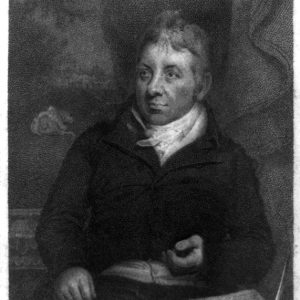 Edward Jenner
Edward Jenner
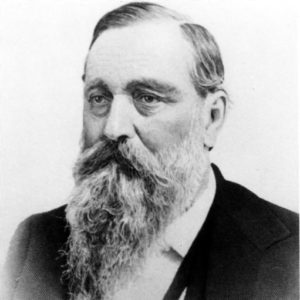 Roscoe Jennings
Roscoe Jennings
Jennings, Roscoe Greene
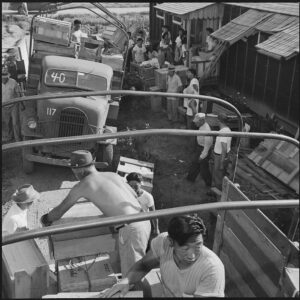 Jerome Closing
Jerome Closing
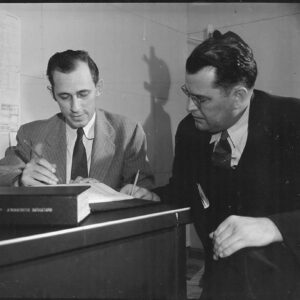 Jerome Directors
Jerome Directors
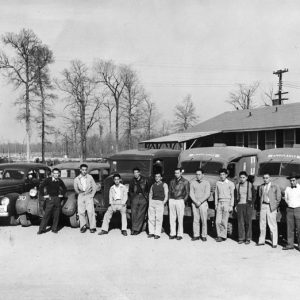 Jerome Relocation Center Hospital Crew
Jerome Relocation Center Hospital Crew
 Jerry Adams
Jerry Adams
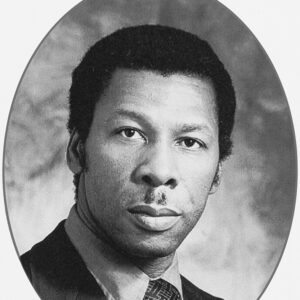 Jerry Jewell
Jerry Jewell
 Jerry Jones and Elliott Gould
Jerry Jones and Elliott Gould
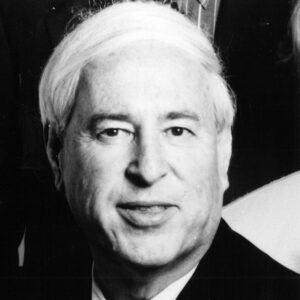 Brad Jesson
Brad Jesson
Jesson, Bradley Dean
 Jet Magazine
Jet Magazine
Jetton, White (Lynching of)
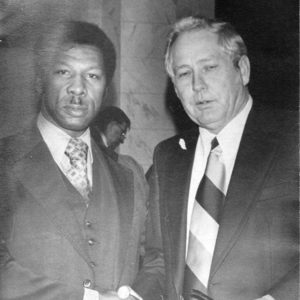 Jewell and Nelson
Jewell and Nelson
Jewell, Buddy
 Buddy Jewell
Buddy Jewell
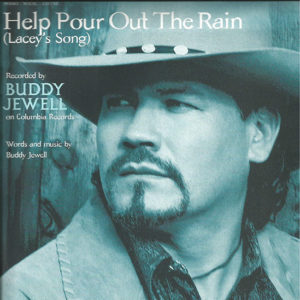 Buddy Jewell Music
Buddy Jewell Music
Jewell, Jerry Donal
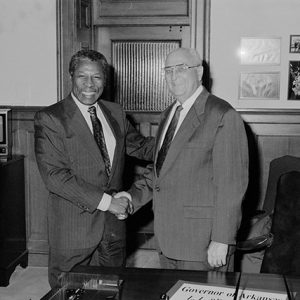 Jerry Donal Jewell and "Doc" Bryan
Jerry Donal Jewell and "Doc" Bryan
Jimerson, Aaron (Lynching of)
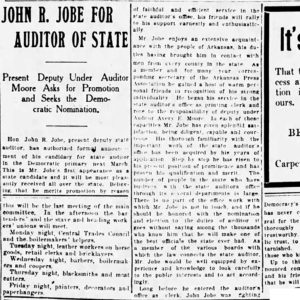 Jobe Endorsement Article
Jobe Endorsement Article
Jobe, John R.
 John H. Johnson
John H. Johnson
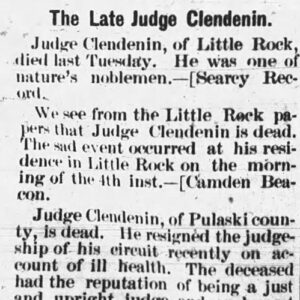 John J. Clendenin Obituary
John J. Clendenin Obituary
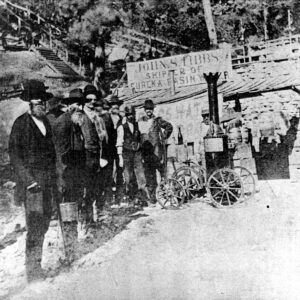 John S. Tibbs Company
John S. Tibbs Company
 John Thomas
John Thomas
John, “Little Willie”
aka: William Edgar John
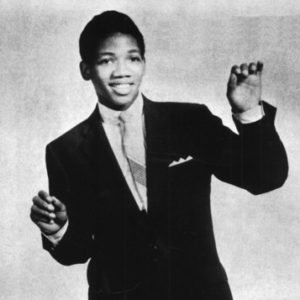 "Little Willie" John
"Little Willie" John
Johnny Cash’s Cummins Concert of 1969
Johns, Riley “Doc”
Johnson (Lynching of)
 Johnson Campaign
Johnson Campaign
Johnson County Executions of 1883
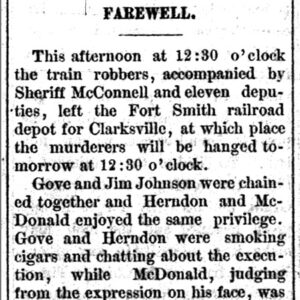 Johnson County Executions Story
Johnson County Executions Story
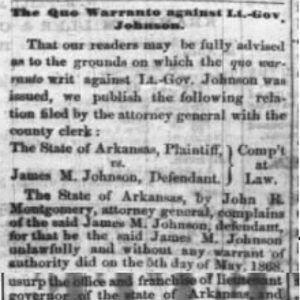 Johnson Lawsuit Story
Johnson Lawsuit Story
Johnson, Anthony “Andy” (Execution of)
Johnson, Benjamin
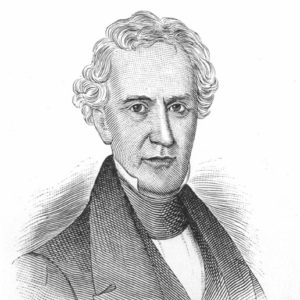 Benjamin Johnson
Benjamin Johnson
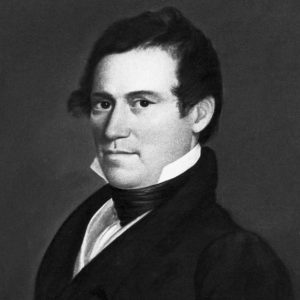 Benjamin Johnson
Benjamin Johnson
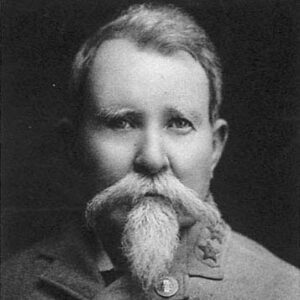 Benjamin W. Johnson
Benjamin W. Johnson
Johnson, Billy Farrel (Bill)
Johnson, Cecil Ernest
Johnson, George T. F.
aka: George Taylor
Johnson, Glenn T.
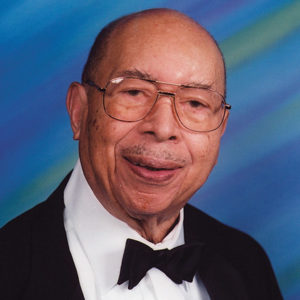 Glenn T. Johnson
Glenn T. Johnson




